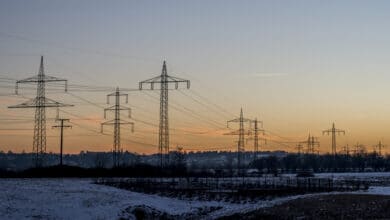
In the future, private individuals in the EU should be able to replace or exchange the battery in devices such as smartphones or notebooks themselves, according to a new EU regulation. The replacement of smartphone and notebook batteries should be possible independently, at the same time batteries should become more environmentally friendly.
EU rule for replacement of smartphone and notebook batteries
The European Parliament and EU states have agreed on a new regulation that will require individuals to be able to replace their smartphone or notebook batteries themselves in the future. Until the regulation becomes mandatory, however, it will take more than three years.
Also, this requirement is currently still provisional and needs the approval of the EU Parliament and the countries. However, according to a report in the Spiegel, this is only considered a formality, and a corresponding law is expected to be launched in the coming weeks.
Only professional medical devices, where replacement by end users poses safety risks, and devices used primarily in wet environments would be exempt from the new directive, he said.
- Specially sustainable: Northvolt develops wood-based batteries for e-cars
Batteries to become more environmentally friendly
Furthermore, batteries and rechargeable batteries within the EU should become more environmentally friendly in the future. So one wants to adapt with the law already in 2020 on the way also the recycling and the minimum level of recyclable content in batteries. The extraction of necessary raw materials is also to be made more environmentally friendly in the coming years.
EU Commissioner Thierry Breton, already in the spotlight these days for keeping an eye on Twitter since its takeover by Elon Musk, emphasized, according to the Spiegel report, that the importance of accumulators and batteries in the EU continues to grow and that they are taking on an increasingly important role, especially in the area of electromobility. Demand will increase more than tenfold by 2030, Breton said.
In this context, the new EU regulation provides for a new ecological cycle for batteries and accumulators that includes all areas within the life cycle. From the design process to the recycling of end-of-life batteries. Materials such as cobalt, lead, lithium and nickel from waste during production and from consumers must be reused in new batteries at certain minimum levels.



